How fast can you create and complete a newsletter? In Rio, you only have until tomorrow!
Alexandra Fries · | Environmental Report Cards | Science Communication |After our first stakeholder workshop at INEA on Monday April 25th, Bill Dennison, Dave Nemazie, and I had to prepare for our expanded workshop of 200 people on Friday April 29th, at the Museum of Tomorrow. This meeting brought together stakeholders from all around Guanabara Bay, and served to not only discuss the report card, but also to talk about governance, management, and restoration in the Bay.
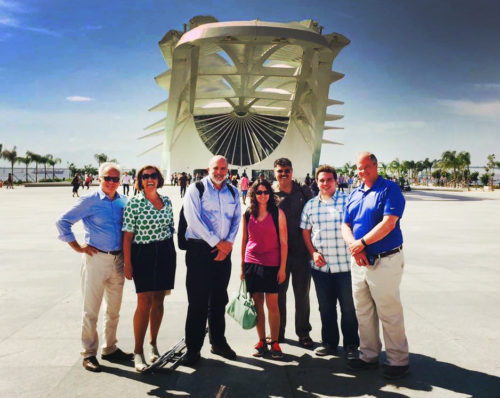
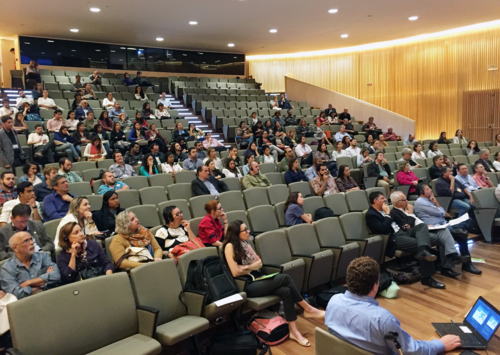
During the Monday workshop we developed a four-page newsletter, which we had translated, reviewed, and printed in only 3 days! This was only possible with the help of Joao Coimbra. Joao is from Brazil, and recently graduated with his Masters from Rice University. He was an intern with KCI and has been working with us on this effort, along with other staff from KCI: Bob Summers and Bruna Carvalho.
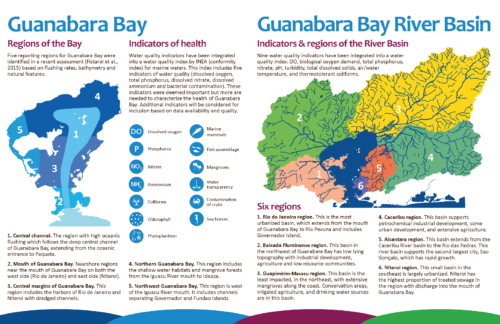
In addition to passing out the newsletter to workshop attendees, we also distributed a survey for people to fill in. The survey asked for people to write in four words that describe Guanabara Bay. Those words were incorporated into a wordcloud.
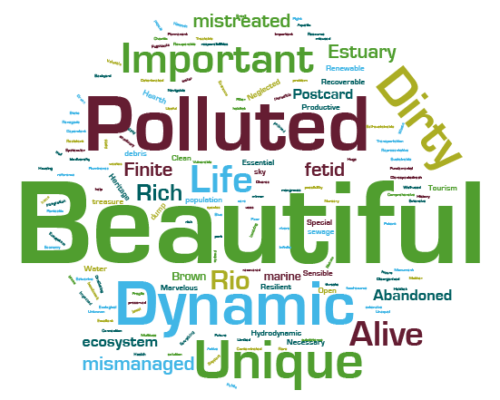
The survey also asked people to mark on a map where they live, work, and play. This helps give a sense of place for people to think about the entire Guanabara Bay as well as the watersheds that flow into the Bay. Additionally, while Rio de Janeiro is a huge part of Guanabara Bay, it is not the only influence to the Bay.
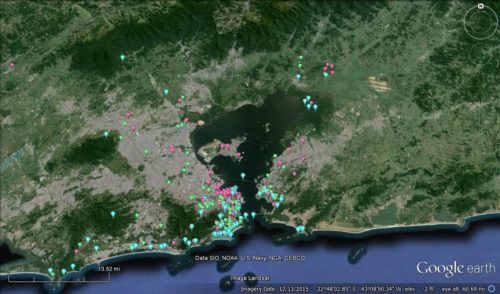
The workshop included talks by Ricardo Piquet (Director of the Museum of Tomorrow), André Corrêa (State Secretary of the Environment), Dora Hees Negreiros (Institute of Guanabara Bay), Pedro Navalón (Consórcio Águas de Barcelona - Labáqua/Aqualogy), and Nair Palhano (KCI). Additionally, Bob Summers and Bill Dennison gave presentations on the state of Guanabara Bay and the Guanabara Bay report card.
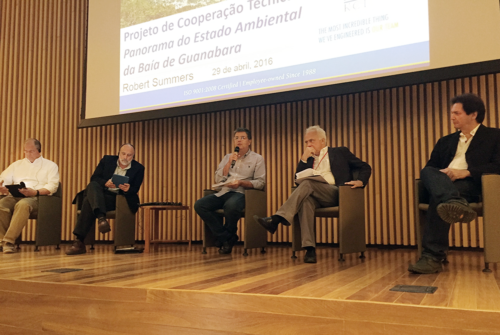
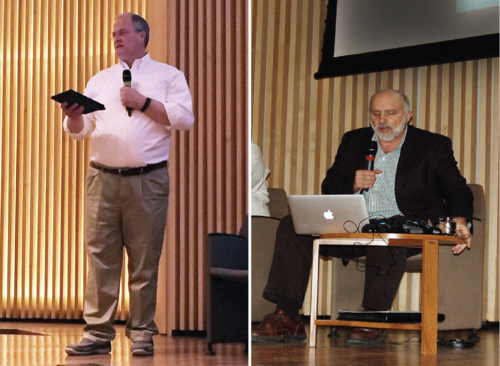
While a lot of work is occurring to clean up Guanabara Bay, there is a lot to be done as was seen just outside the Museum of Tomorrow.
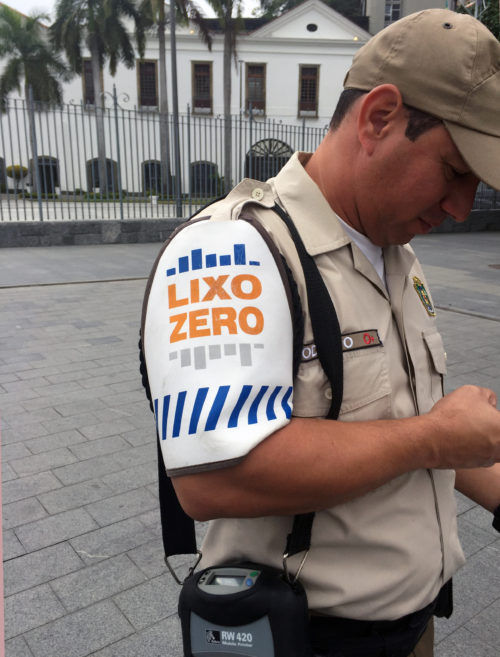
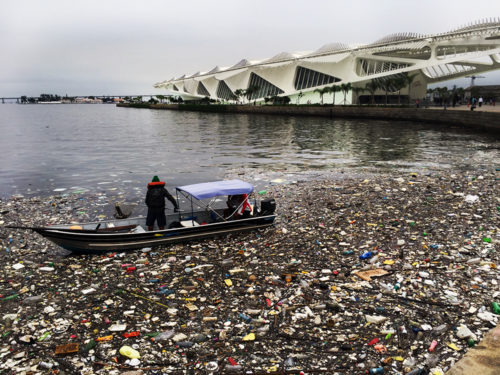
Overall, both workshops were very successful and helped inform the report card for Guanabara Bay. Positive press coverage about the event also occurred due to the importance of the efforts to restore Guanabara Bay. After the workshop on Friday, we walked to a local bar to celebrate both the Monday and Friday workshops.
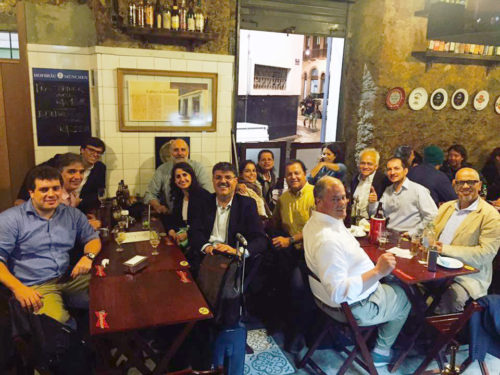
About the author
Alexandra Fries
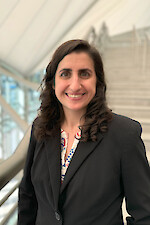
Alexandra is a Program Manager at the Integration and Application Network (IAN) based at the University of Maryland Center for Environmental Science in Annapolis MD. Alexandra’s work in environmental management has been focused on assessment, monitoring, and management of aquatic, marine, and terrestrial ecosystems. Alexandra has extensive experience in data analysis, synthesis, mapping, interpretation, and communication. Alexandra has experience working with a diverse group of partners including those in local, state, and federal government, non-governmental organizations, non-profit organizations, private industry, and academia. Within IAN, Alexandra conducts data analysis, synthesis, and communication by completing environmental report cards, updating the IAN website, and conducting science communication courses. Alexandra also creates science communication materials such as diagrams, posters, presentations, newsletters, and reports using Adobe Creative Suite, Microsoft Office Suite, and ArcGIS. Alexandra has experience managing projects and staff on local and international projects, liaising directly with partners and colleagues, and providing insights on project direction and goals.